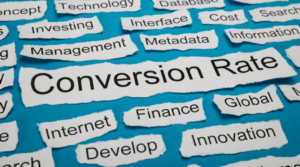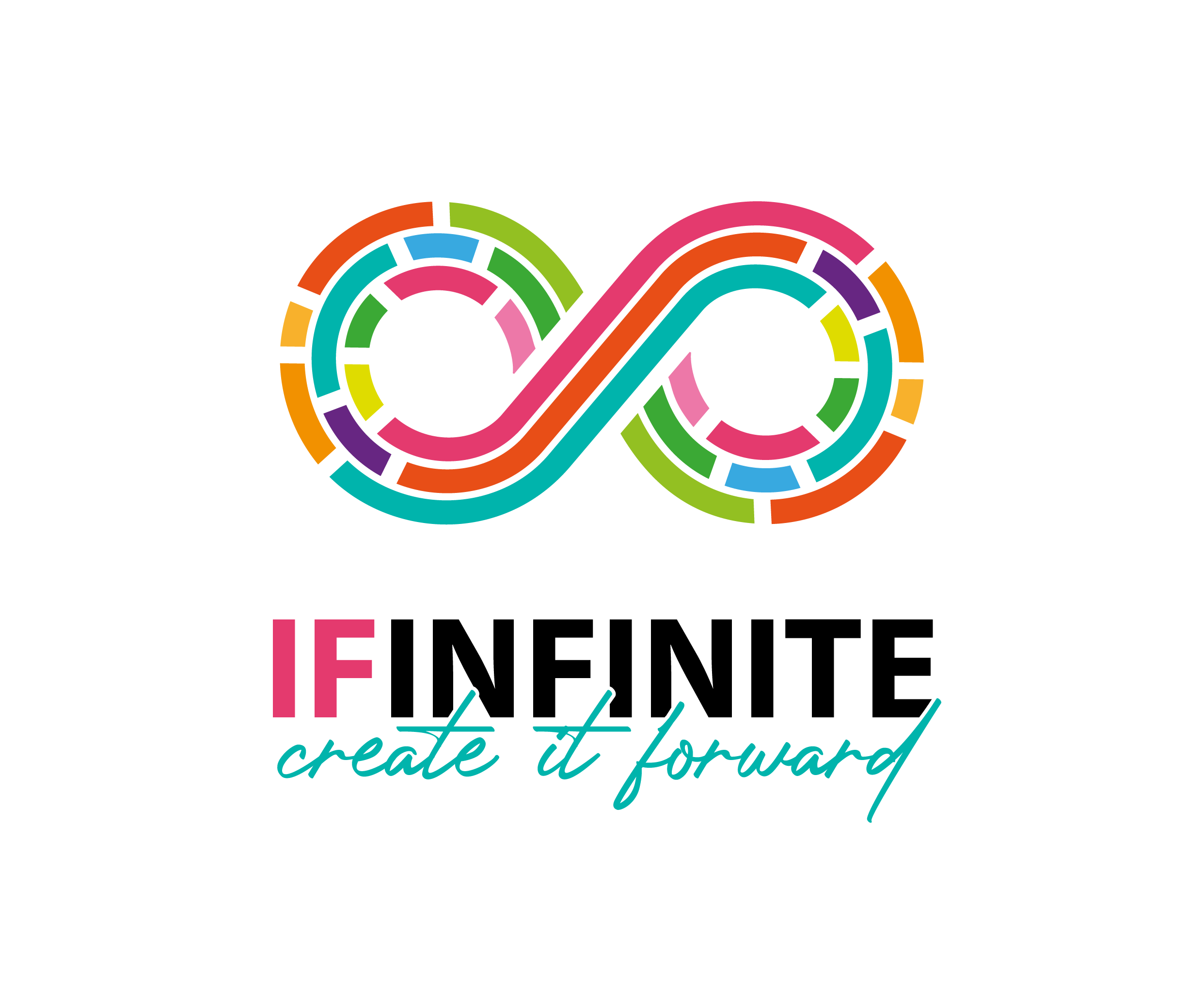Its all about the conversion rate!
As a business owner, you know the importance of keeping a tight control of the business expenses, and consistently bringing in sales.
This is straight forward in theory, but what happens when you need to increase your expenses to get more sales? It feels very risky when you aren’t exactly sure of what you’ll get out of that increase.
Many business owners using Google Ads, are uncertain about investing large amounts of cashflow into their advertising campaigns, and don’t want to take the risk of not getting the sales leads they need from the added expense.
PPC (Pay-Per-Click) campaigns can become your bread and butter over time, but this requires strategic planning, continuous optimization, and a focus on maximizing ROI (Return on Investment).
What business owners don’t always realise, is that Google Ads is not only the fastest route to market, but the amount of money you need to spend on your adverts starts to decrease when people start paying attention to your campaigns and the results keep consistently improving.
In simpler terms, when your PPC campaign is doing well and getting good results, you can spend less money while still getting the same or even better outcomes. It’s important to monitor and optimize your campaign regularly to ensure you’re getting the best results for your budget. Spending R5000 on ads may only generate a few conversions in the first month, but a few months down the line, spending R3500 would bring better results due to the ongoing optimisation.
When a PPC campaign performs better, it can lead to a decrease in ad spend for the following reasons:
- Improved Ad Quality: When your ads are more engaging and relevant to users, they tend to click on them more often. This can result in a lower cost per click, meaning you can get more clicks for the same amount of money.
- Higher Ad Ranking: When your ads have higher click-through rates and better performance, platforms like Google Ads reward you with a higher ad ranking. This means your ads can get to appear in better positions on search engine results pages without having to spend as much on bidding.
- Targeting and Keyword Refinement: As you learn which keywords and audience targeting options work best for your campaign, you can focus your budget on those that bring the best results. By eliminating ineffective keywords and targeting options, you can reduce unnecessary spending.
- Optimization of Ads: By continuously improving your ads based on performance data, you can make them more effective. This means you can achieve the same results with fewer clicks, resulting in a decreased need for a higher ad spend.
- Increased Conversions: When your ads are performing well, more people are likely to take the desired actions, such as making a purchase or filling out a form. This means you can generate more conversions with the same amount of money, reducing the need for a higher ad spend.
It’s important to note that while a better-performing campaign can potentially reduce ad spend, it doesn’t necessarily mean that you should drastically decrease your budget. Continuously monitoring and optimizing your campaigns, while maintaining an appropriate budget level, will ensure that you capitalize on opportunities while maintaining consistent performance and results.
Business owners who embrace the expense of investing in PPC campaigns over longer periods, ultimately get higher conversion rates and better bang for their buck.
Need advice on how you can improve your conversion rate? Click here to get in touch






